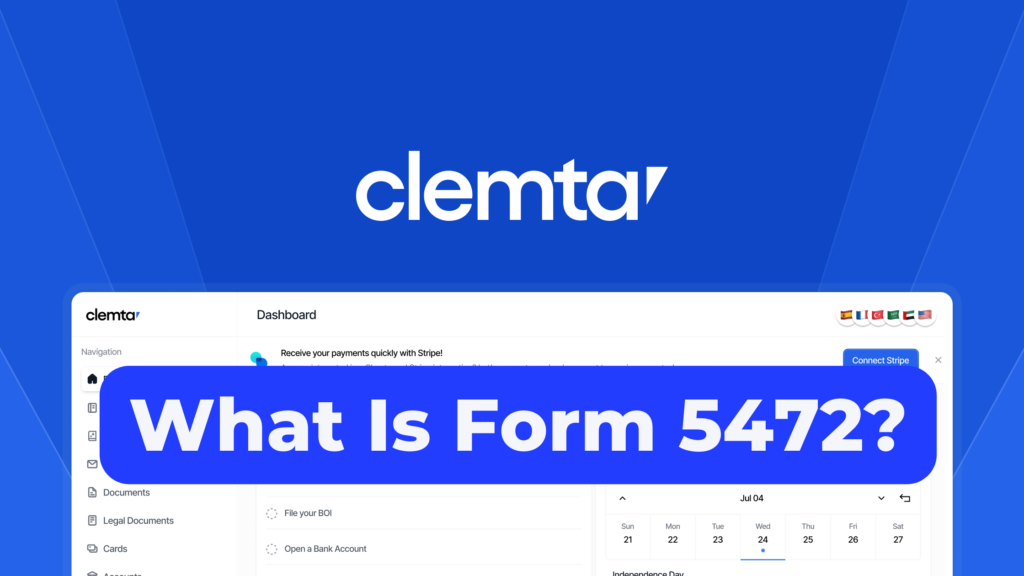Maintaining a registered agent is a crucial requirement for any corporation or LLC in Delaware. Whether you’re weighing the pros and cons of serving as your own registered agent or simply seeking more information about what this entails, understanding the requirements and potential risks is key. Let’s explore what’s involved in taking on this responsibility yourself.
Understanding the Role of a Registered Agent
A registered agent plays a pivotal role in the legal framework of your business. As mandated by Delaware State Law, every corporation and LLC must appoint and maintain a registered agent and office. The primary responsibility of a registered agent is to receive legal documents on behalf of the business, ensuring the company does not miss critical communications related to lawsuits, tax notices, or other official government correspondence. Essentially, the registered agent serves as the official point of contact between the business and the state.
Requirements to Serve as Your Own Registered Agent
If you are considering being your own registered agent in Delaware, it’s important to be aware of the specific requirements you need to meet:
– Legal Age: You must be at least 18 years old.
– Physical Address: You need a physical address located in Delaware, whether it’s your home or business address. P.O. Boxes are not permissible.
– Availability: Your address must be available during regular business hours to accept hand-delivered legal documents or services of process.
If you meet these criteria, you are eligible to serve as your own registered agent. However, this decision involves more than meeting basic requirements; there are significant risks and responsibilities to consider.
Potential Risks of Being Your Own Registered Agent
While taking on the role of a registered agent yourself can save money, it also exposes you to several risks:
– Missed Notices: The Delaware Department of State must be able to serve legal process and notices to your registered office address during business hours. If you’re unavailable, you may miss crucial legal documents, which can have significant legal and financial repercussions.
– Privacy Concerns: Using your home address makes it a public record, potentially compromising your privacy. Lawsuit notices and other legal documents may be delivered to your home, which might not be ideal for personal safety or business image.
– Lack of Flexibility: As your own registered agent, your ability to travel or be away from your registered location is limited. Missing a service of process while out of town could result in a court case proceeding without your knowledge.
The Importance of Keeping Your Information Updated
Changes in your address require immediate action. If you move, you’re obligated to update your address with authorities to continue receiving legal documents timely. Failure to update this information could result in severe legal consequences, as important notices may not reach you.
Making an Informed Decision
Ultimately, deciding whether to serve as your own registered agent involves weighing convenience against potential pitfalls. By understanding the duties, risks, and requirements associated with being your own registered agent, you can make a well-informed decision that best suits your business needs and personal preferences. If you determine that the risks are too great, hiring a professional registered agent service in Delaware might be a more practical alternative to ensure that your company remains compliant and responsive to legal obligations.
By considering these factors carefully, you can make a strategic decision about the best way to manage your business’s legal responsibilities in Delaware.
Contact us: Feel free to ask your questions 👈
Need More Guidance?
🎥: Guide to USA Incorporation: Delaware vs Wyoming?
🎥: LLC vs C-Corp: Understanding the Differences and Benefits
🎥: USA Business Taxes for Foreign Entrepreneurs: A Simplified Guide







